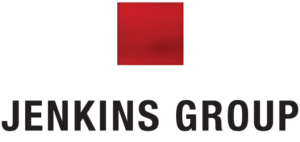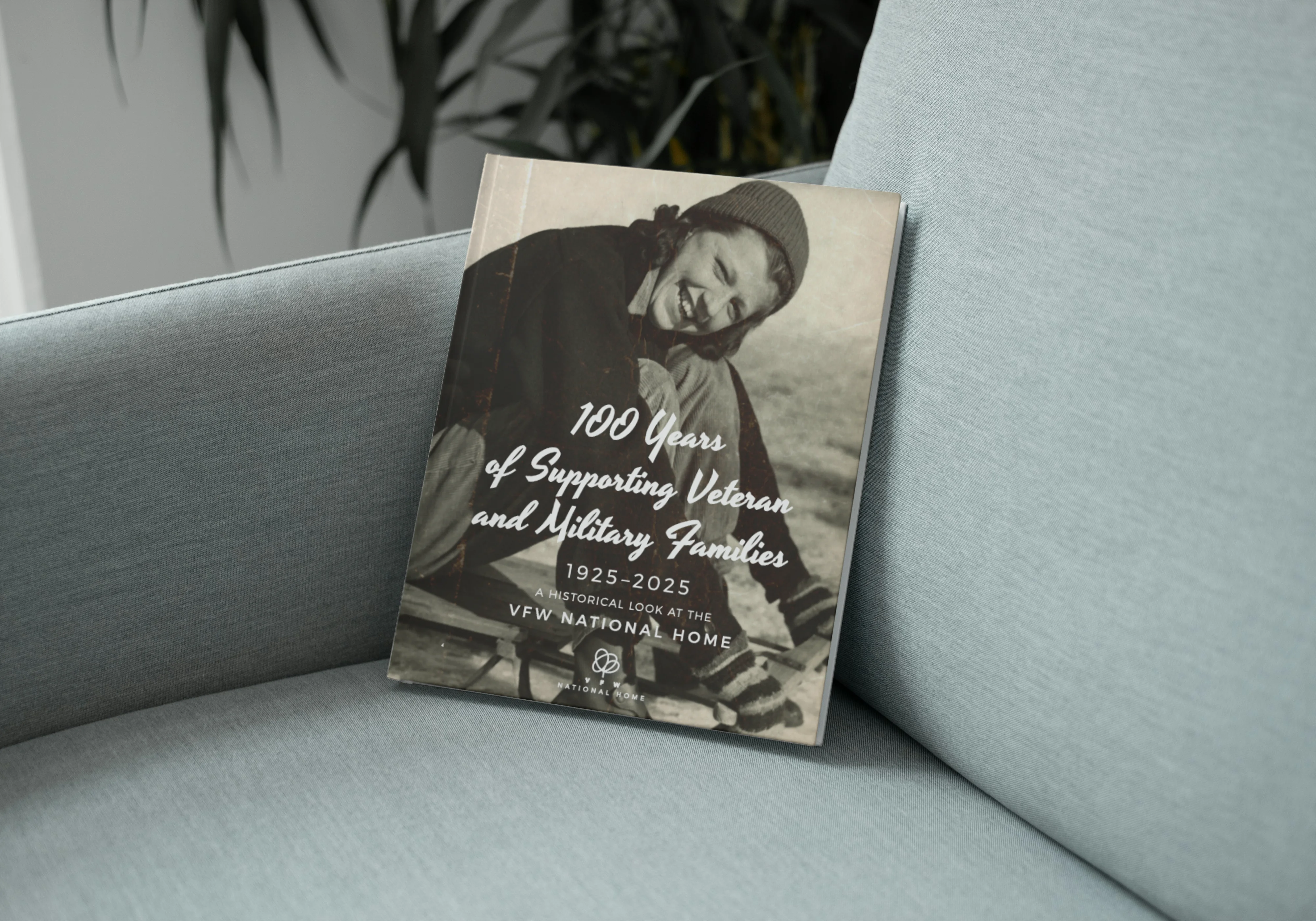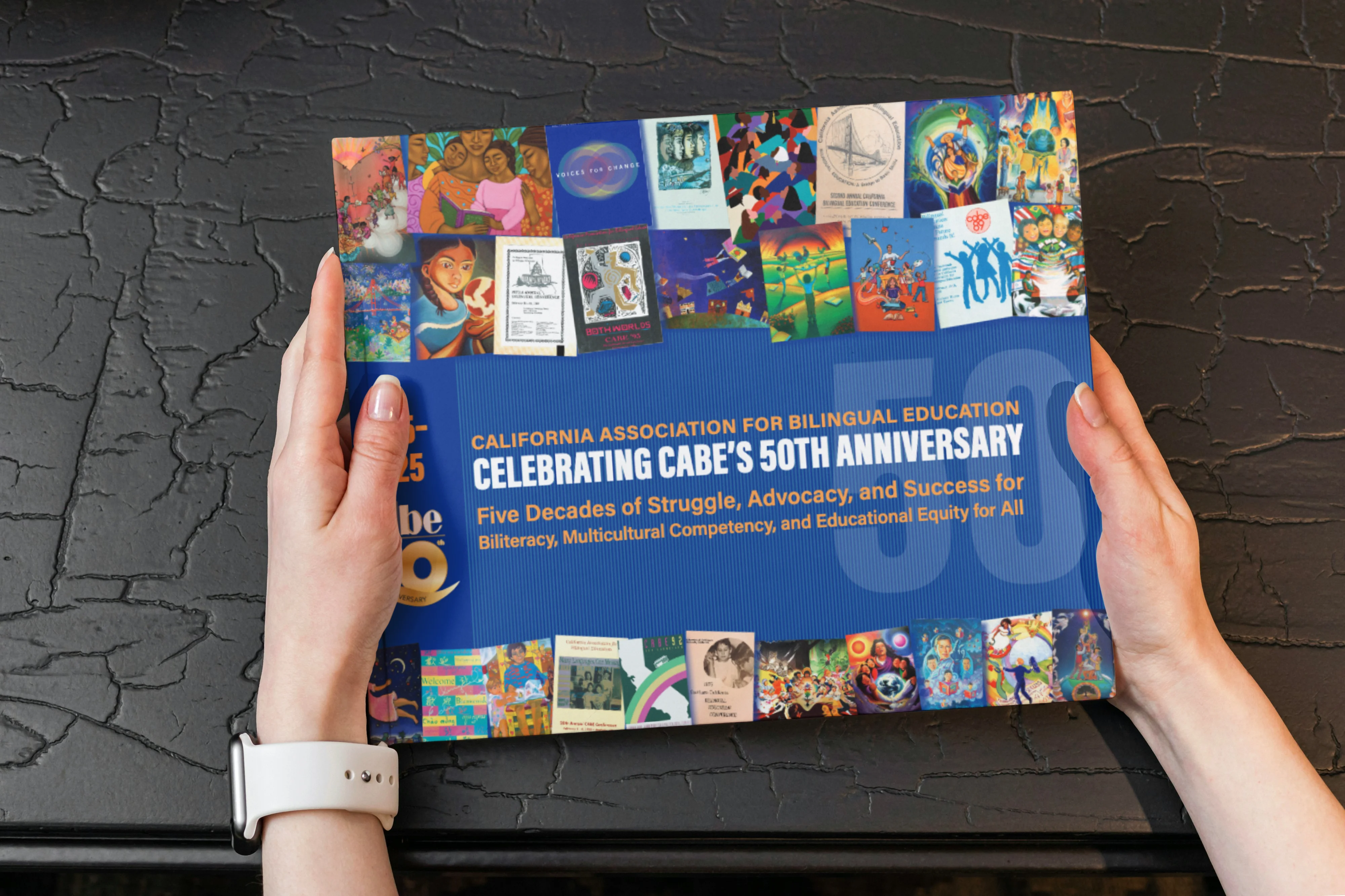Going APE over self-publishing
The advantages of self-publishing are many: The ability to craft your message exactly the way you want it, the control you have over the final product, the control you have over print runs, the ability to put your own stamp on your marketing and public relations efforts. Not to mention the opportunity to realize a greater share of the profits.
As the head of a company that works with writers who self-publish, I’m obviously prejudiced. But those feelings aren’t just mine. Guy Kawasaki feels the same way, and shares those sentiments in his recently-published book, APE: Author, Publisher, Entrepreneur—How to Publish a Book.
Now, Kawasaki didn’t NEED to self-publish his book. As a successful author with 10 traditionally-published books to his credit, as well as being a noted speaker, blogger, marketer, and venture capitalist, he could easily have handed off his manuscript to any number of publishing companies. But he chose not to.
The key lay in his experience with his 10th book, Enchantment. When his publisher couldn’t fulfill a request for 500 copies of Enchantment as an e-book, Kawasaki saw the need to do things differently. His next book, What the Plus!, was self-published. The experience of self-publishing, which he calls “a complex, idiosyncratic, and challenging endeavor,” led directly to APE.
Of course, I’m prejudiced in favor of the self-publishing model. I’ve seen thousands of authors successfully self-publish and had a hand in many of those success stories.
As someone directly connected to the industry, it’s engaging to see someone from the other side of the aisle jump onboard. Kawasaki, always mindful of the public relations and marketing possibilities, sees the industry as a new market for him, and the best way to become an expert is—I’ve said it before—to write a book.
He likens self-publishing to launching a startup. You need to create a product, test it, raise money, recruit talent, and find customers—all at the same time. Whew.
But he’s right. Self-publishers, the successful ones anyway, are entrepreneurs. They want to change the world in some way, first by writing a book, then by making the book successful. Often they also embrace the roles of marketer and self-promoter. Thus the world of self-publishing is made for them.
Of course, the ultimate question when self-publishing is “Does it work?” In our view, and in Kawasaki’s, it certainly does. A glance at our roster of authors reveals cooks, salespeople, business people, doctors, financial planners, and others, all of whom reached beyond their comfort zone to successfully produce books.
While Kawasaki sees the advantages of self-publishing, he also sees the pitfalls. Among the areas he cites as ripe for error are these:
- Not hiring a professional copyeditor. Kawasaki says that when he turned in what he thought was the final copy of APE, he was sure there weren’t any mistakes in it. The copyeditor found 1,400.
- Designing your own cover. The cover of your book is what makes it stand out, and Kawasaki recognizes that. He says the cover is one of the most important marketing pieces for your book, so hiring a great graphics designer is money well spent.
- Not building your marketing platform in advance. He says self-publishing is not a serial process where you can write a book and then worry about marketing it later. If you intend to use your book as a key part of marketing your business, you need to pay attention to marketing as soon as you start writing.
Like us, Kawasaki has embraced self-publishing and is working to make it easier for those who follow. With our expertise and experience in the industry and the wherewithal to assist would-be authors every step of the way, from conception to writing to design and printing, we are ready to engage with APEs in nearly every subject and genre.




